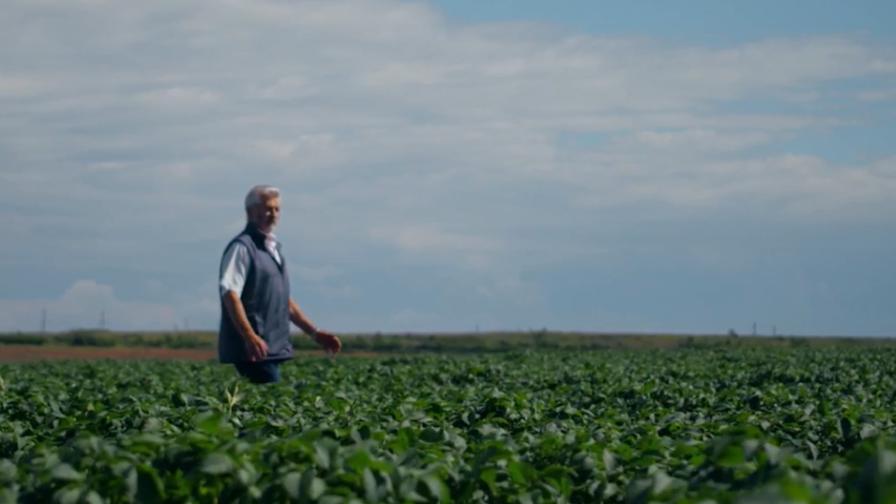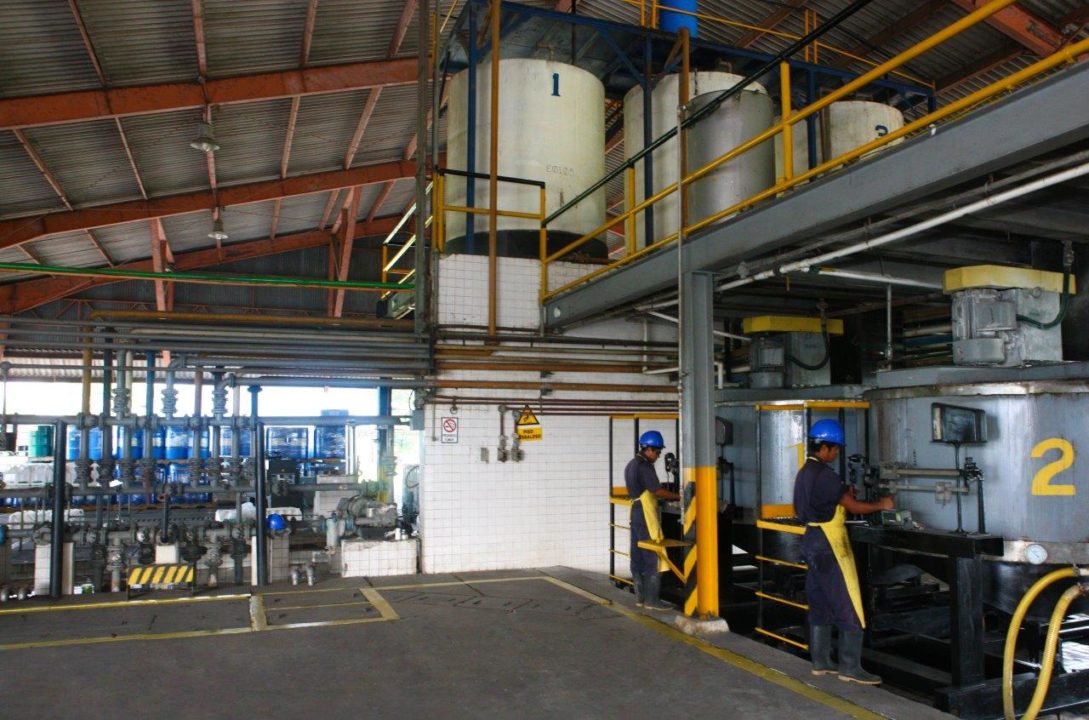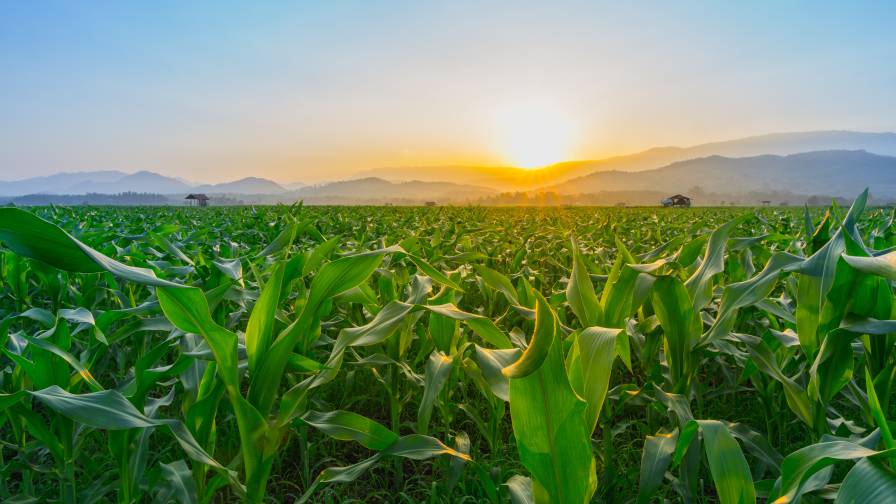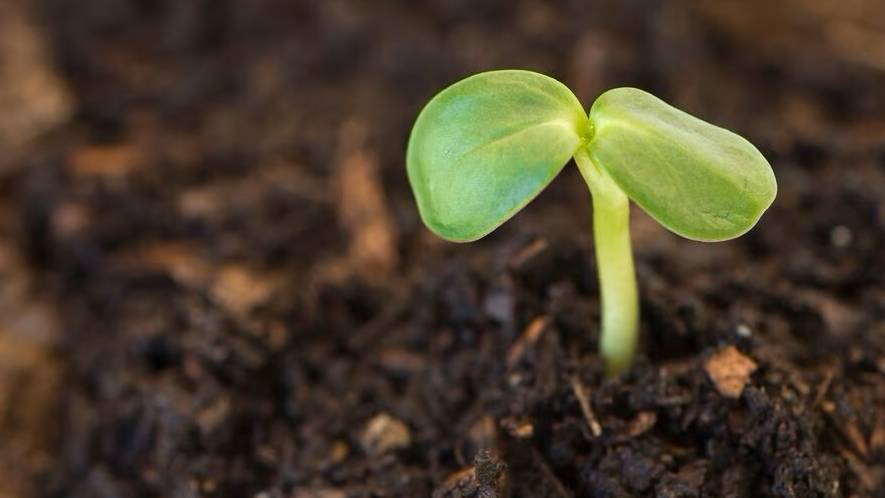New Banana Virus Puts Uganda On Alert
Following reports of farms attacked in Rwanda by a new viral banana disease — the banana bunchy top virus — the government of the neighboring country of Uganda has raised its crop disease surveillance levels in the western Ugandan border districts, reports Sunday Monitor.
Dr. Opolot Okasaai, Director for Crop Protection in the Ministry of Agriculture, said that although two banana sucker samples collected from Kanungu and Kisoro districts on the border with Rwanda, which had been feared to be affected with the banana bunchy top virus, had tested negative, the surveillance levels were raised in Ntungamo district and other border areas to stem a possible spread of the disease across the border.
In Rwanda many farmers are losing their crops to the virus, which is capable of causing up to 100% yield loss under severe attack. The virus, which is transmitted by aphids, stops the banana from flowering and producing a bunch. It can also be transmitted by planting materials when a parent stock produces a sucker that is transferred across distances for planting.
Ugandan officials are particularly concerned about viral attacks after another disease, the Banana bacterial wilt, affected production of the crop in almost 60 districts in the country, wiping out nearly 90% of farm yields. Okasaai worries that if the virus attacks, it will jeopardize efforts to restore banana production. Statistics from the National Agricultural Research Laboratories show that bananas are grown on 38% of Uganda’s arable land, accounting for food security to over 12 million Ugandans. But in the last five years, production has sharply decreased due to numerous diseases and pest attacks. As an attack by the new virus would be a major blow to the US $360 million banana industry, farmers — especially in the border districts — are encouraged to report any suspicious and unusual banana plant growth.
So far, Rwanda, DR-Congo, Congo-Brazzaville, Gabon, and Hawaii have reported the disease, which has no cure or banana varieties developed to resist it. Okasaai said that all available banana cultivars and varieties in the country are vulnerable to attack.






